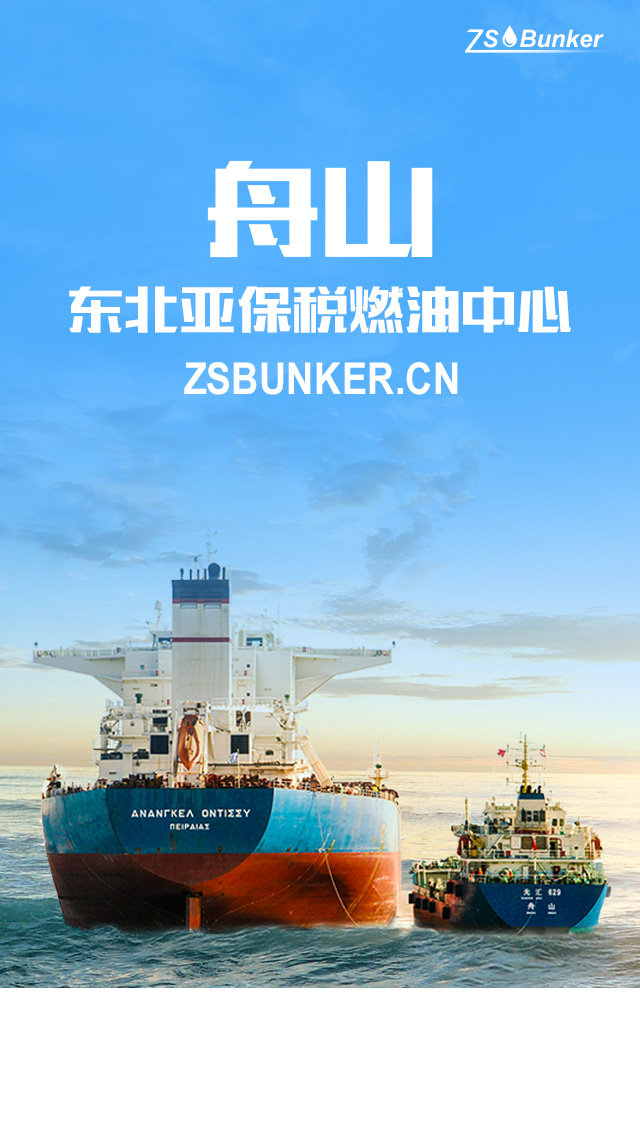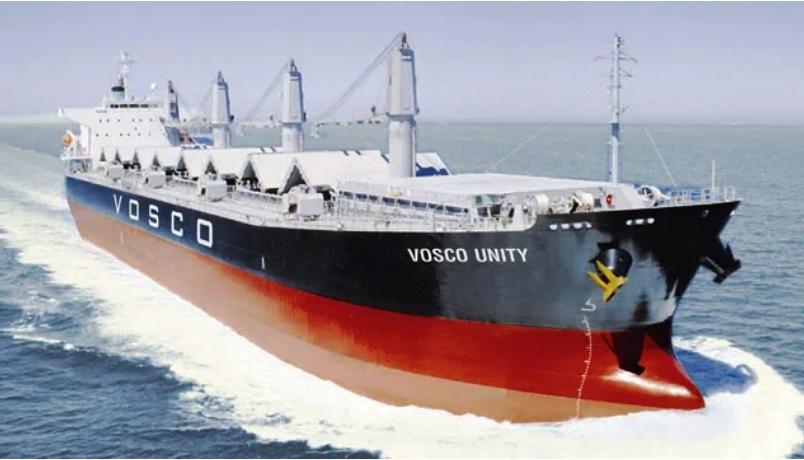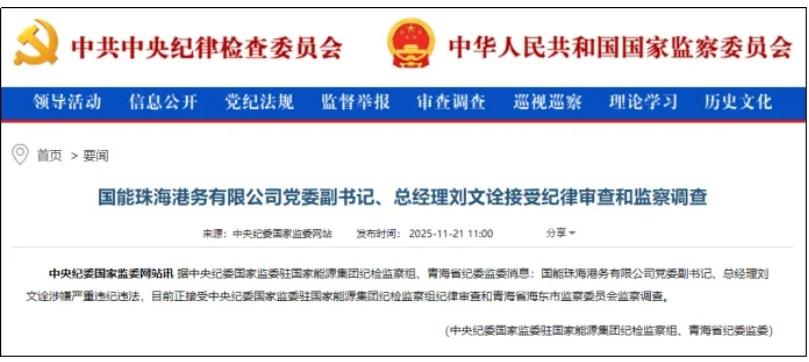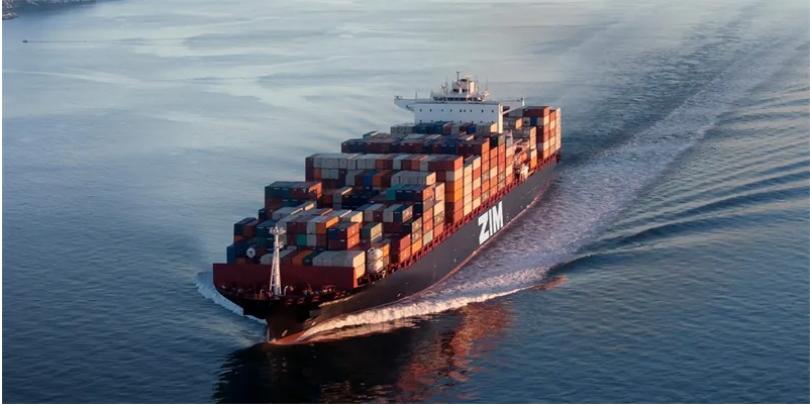《装卸时间与滞期费》第6版
CHAPTER 3 第3章
Commencement of laytime 装卸时间的起算
3.466 In The Amiral Fahri Engin, Saville J repeated that delay due to bad weather or congestion or a combination of both was a breach of a ‘‘reachable on arrival’’ provision. In London Arbitration 10/06, the charterers sought, unsuccessfully, to argue that where a vessel was delayed by night-time berthing restrictions they were protected by the last sentence of clause 6 of Part II of the Asbatankvoy form of charter, but the tribunal held that they were in breach of clause 9 by their failure to procure a berth that was reachable on arrival.
3.466在The Amiral Fahri Engin案,Saville法官重申了由于坏天气或者港口拥挤或者二者兼而有之的原因导致的延迟是违背了‘到达即可靠泊’条款。在报道的伦敦仲裁2006年第10号案,承租人企图争论:当船舶延迟是由于泊位夜间限制时,他们应当受到Asbatankvoy租船合同格式中第II部分第6条款最后一句条文的保护,但未成功,仲裁庭裁决他们因未能获得一个到达即可马上靠泊的泊位而违反第9条款。
3.467 In London Arbitration 16/98, the facts were that the charterers had chartered two vessels to discharge at the same berth. When the second vessel arrived, the berth was empty but the first vessel, which the charterers wished to discharge first, had arrived the previous day and was waiting to berth but unable to do so—first because of weather and then because the tugs needed to berth her were unavailable owing to New Year holidays.
3.467 在报道的伦敦仲裁1998年第16号案,该案情是,承租人租赁了两艘船舶在同一泊位卸货。当第二艘船舶到达时,泊位是空着的。但对于第一条船,承租人则希望先卸,虽然已于前一天到达并在等泊,其不能靠泊的原因是——首先是天气原因,然后是由于新年假期,没有靠泊用的拖轮。
3.468 After the holidays, the first vessel berthed and discharged her cargo and, when that was completed, the second vessel took her place on the berth.
3.468 在过了假期后,第一条船舶靠泊卸货,当其完货后,第二艘船才靠上泊位。
3.469 The charterers argued that the berth was available when the second vessel arrived. Therefore, they said, The Laura Prima did not apply, and they were also protected by an additional clause which provided for time not to count ‘‘on an inward passage moving from anchorage to first berth, including awaiting tugs, pilot . . .’’.
3.469承租人争辩说,第二艘船抵达时泊位空闲可用的。因此,他们说The Lauren Prima不适用,而且他们也受附加条款的保护,其规定‘从锚地到第一个泊位这段航程,包括等待拖轮,领航员……’所花的时间不计入装卸时间。
3.470 On the basis of the cases cited above, the tribunal held that The Laura Prima did apply and then moved on to consider the effect of the additional clause. On that they said that the first few hours of delay were due to weather, but even after that it was not the second vessel that was delayed awaiting tugs but the first vessel.
3.470依据上文援引的案例,仲裁庭裁定The Lauren Prima原则适用,接着,转移到去考虑附加条款的效力。这对这一点,仲裁庭说,开始几个小时的延迟是由于恶劣天气,但,在此之后,因等拖轮受到延迟的不是第二艘船,而是第一条船。
3.471 With the case law as it now stands, it would seem that, where there is a breach of a ‘‘reachable on arrival’’ provision which gives rise to a claim for detention, i.e. where the vessel is delayed at a point before reaching her specified destination and thus becoming an Arrived ship, then the owners will be able to recover at the demurrage rate without any of the laytime exceptions or interruptions applying. This appears to follow from The President Brand, where the vessel arrived off the port on a Sunday and the time on Sunday was allowed to count although, had it been laytime, time would not have commenced until Monday, since Sunday was an excepted period. Where she is delayed after becoming an Arrived ship, the exceptions, etc., apply.
3.471根据判例法目前的情况,这似乎是,违反了‘到达即可靠泊’条文的规定,就导致滞期索赔。也就是说,船舶在抵达使其成为抵达船的指定目的地之前的某一位置产生了延迟,船东就能够根据滞期费率的计算标准要求赔偿,而不使适用任何装卸时间的除外或中止条款。这就好像遵从了The President Brand案,在此案中,当船舶抵达港外时是在一个星期日,而这个星期日的时间允许计算,尽管它若作为装卸时间,直到下星期一才开始起算时间,因为星期日应属于除外期间。然而,在她成为抵达船之后产生的延迟,就应该适用(装卸条款)除外条款了。

《装卸时间与滞期费》购买链接(点击可购买)
海运圈聚焦专栏作者 魏长庚船长(微信号CaptWei)

 2019-06-26
2019-06-26 631
631 












